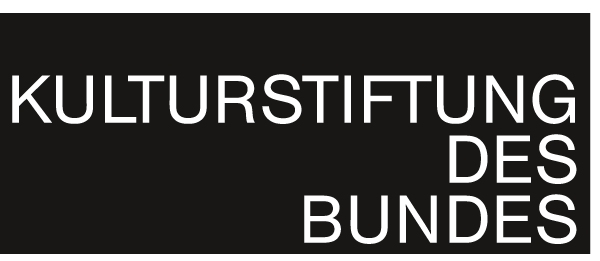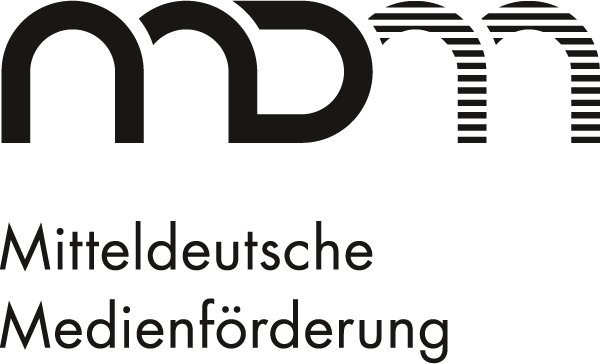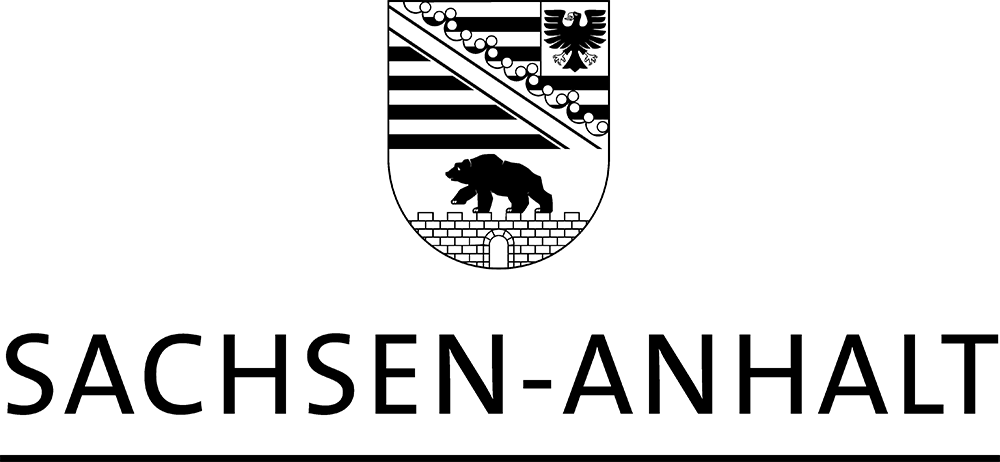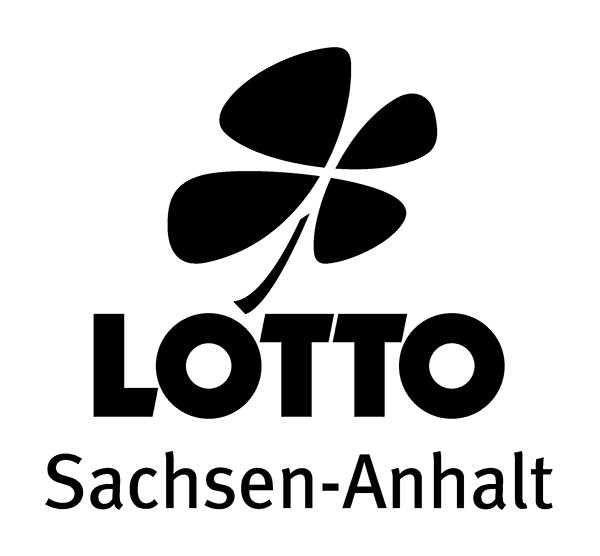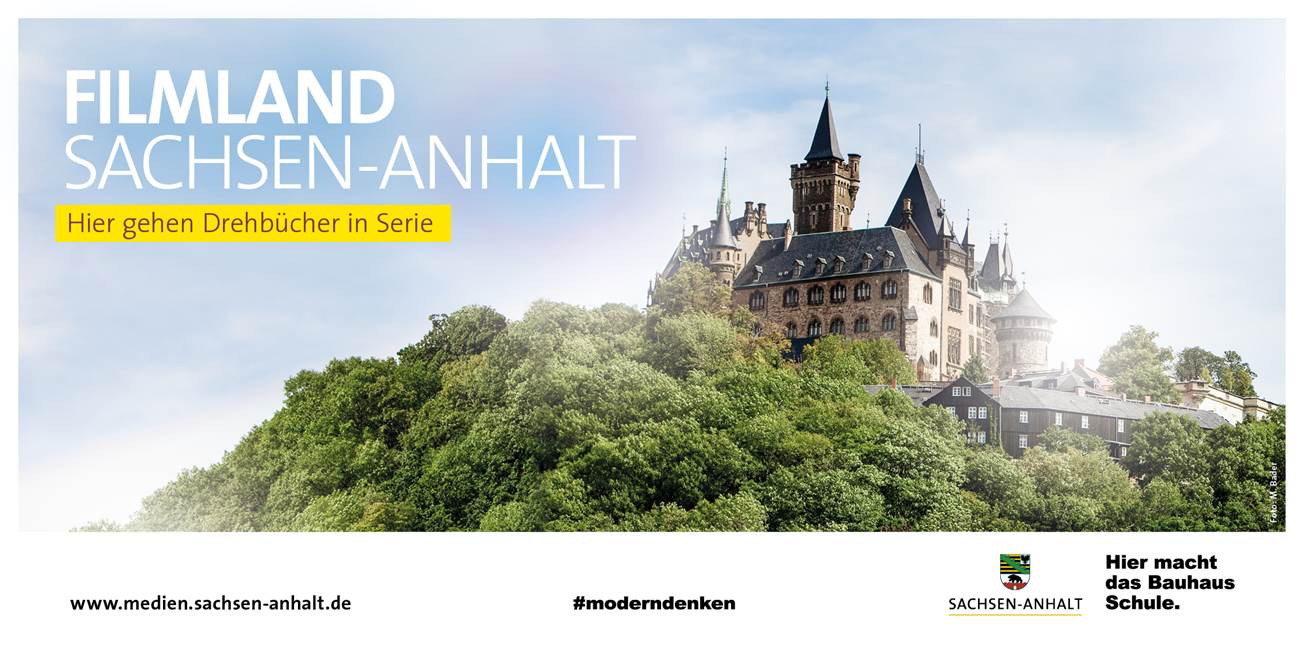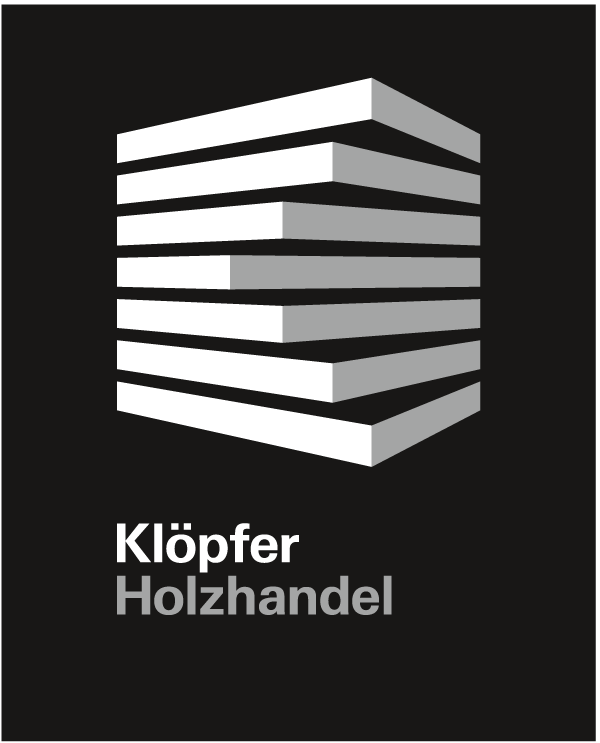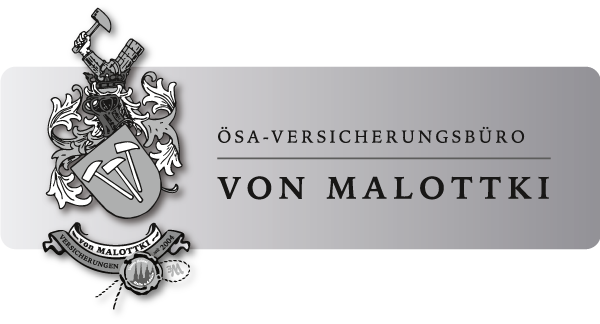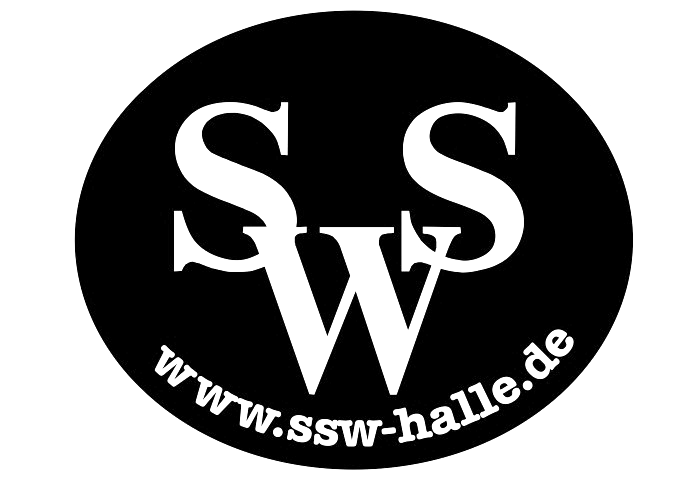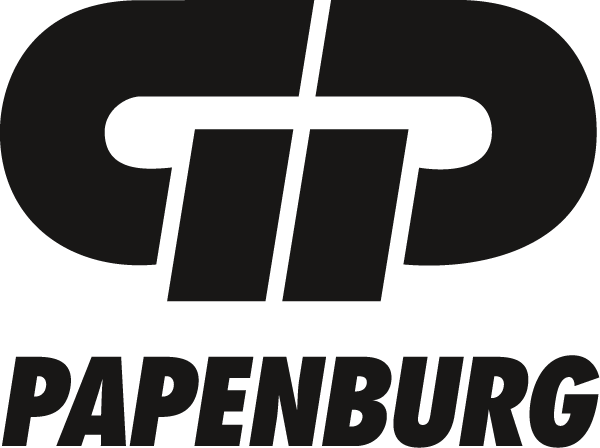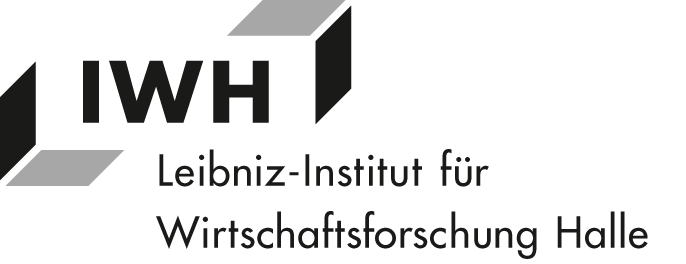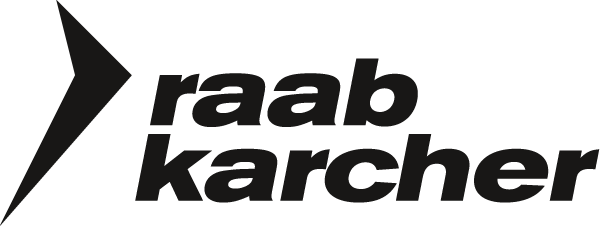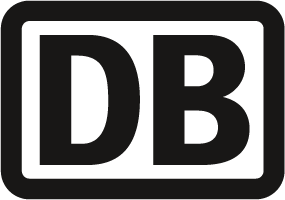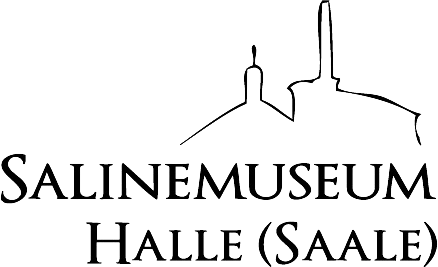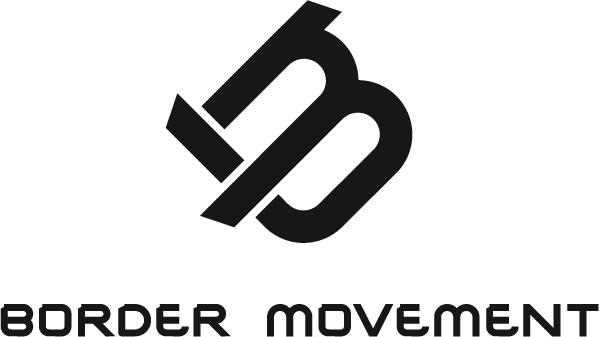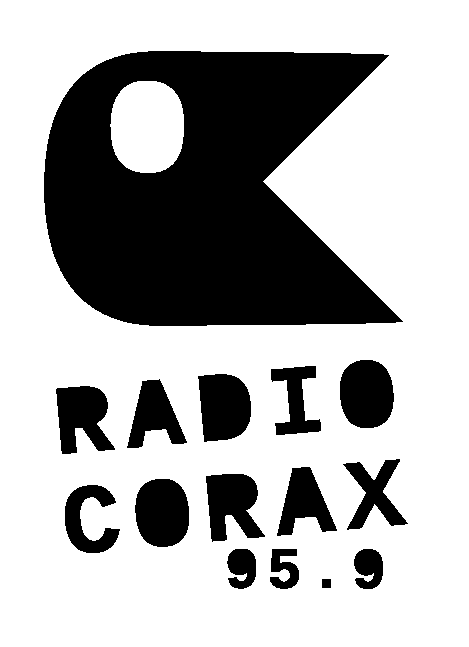Our physical and virtual realities are becoming increasingly intertwined. Technologies such as VR, augmented reality, wearables, and the Internet of Things are pointing to a world where technology will envelop every aspect of our lives. It will be the glue between every interaction and experience, offering amazing possibilities, while also controlling the way we understand the world. Hyper-Reality attempts to explore this exciting but dangerous trajectory.
Filmprogramm
With each gesture we make and every act we undertake, we transfer information; information that is part of our interaction with the people who are close to us and with the institutions and concepts that define our society. In the past these processes mostly occurred between one human and another, without an intermediary. Only the most important communications where recorded and archived, in contracts, treaties, paintings, or books. With technological developments in the twentieth century, the invention of the internet and the rise of big data, this situation has changed radically. We have created systems that record and archive almost everything we do, and virtual realms to mirror the physical world we live in. We’ve filled our habitats with datafied objects and more and more we have become sets of data ourselves. What we do and how we express ourselves is tracked, quantified, and coded. The datafied individual is categorized and stored in massive databases that are built and managed by companies and governments. They tell us that they want to “connect us” and provide us with better services, but they are also there to make profit and control us. We are allowing ourselves to be commodified and manipulated in systems of predictive analytics and micro-targeting, and the amount of private data we are handing over every day of our lives is unprecedented. What will happen now that the way these systems function is determined more and more by artificial intelligence and algorithms?
curated by Arjon Dunnewind
“Brussels, 10:48 pm. The offices are empty. A teletype machine switches on. A message from Chicago. People are still at work there. A telex from Nagasaki. People are already back at work there.” Juxtaposed with images of the neon signs and street lights of a big city at night are close-ups of a telex machine as it receives the five-digit codes of an electronic message, retranslates them into letters and prints the text onto paper. “No clerks, no forms, no messengers,” comments the male voice in the Siemens’ film Mit fünf Schritten [In Five Steps] from the year 1967. Long before the internet, teletype technology made it possible to directly transmit messages, orders or reservations over great distances in just seconds. Around the clock, all over the world. In the context of ever increasing digitalization and the associated rationalization of human labour, the film programme General Cargo to Containers reflects the development of logistics and telecommunication in the field of maritime trade. In addition to Mit fünf Schritten, the programme features the DEFA productions 18 Knoten bis Hongkong [Eighteen Knots to Hong Kong] and Die Schwelle [Threshold], framed by two artistic documentaries that explore the transformation of the Port of Hamburg. From the hard physical labour carried out in the 1960s on docks and in hatchways as depicted in Der Tag eines unständigen Hafenarbeiters [A Day in the Life of an Itinerant Longshoreman] by Leonore Mau and Hubert Fichte to the computer-operated container handling facility in Olaf Sobczak’s video a.g.v. – t.e.u.
curated by Florian Wüst
Smart phones, search engines, online shopping and social networks have become essential to our everyday lives. The impact that our deep emotional relationship to electronic media has on how we spend our time at home and in the workplace is explored in Fast-Paced Planet with a selection of historical industrial and documentary films. Thomas Imbach’s Well Done examines computerized office work in a large-scale Swiss financial services company and the serial logic of the system that is ingrained in employees’ bodies and language. The data centre dictates the tempo that must be maintained in order to prevent a collapse. The Telefunken company’s film Sieben Briefe pro Sekunde [Seven Letters per Second] from the year 1961 shows how the postal system was modernized through the introduction of automatic sorting machines. A single error would bring the high-velocity machines to a halt. A machine-like routine of human activity is depicted in Jürgen Böttcher’s Rangierer [Shunter]. While the information received via a telex machine reveals the working processes in the Dresden-Friedrichstadt railyard to be part of a highly advanced system, the methodicalness of the workers’ movements belies the immense time pressure exerted by the modern organization of labour. In Well Done it is the ironic remarks, facial expressions and pauses that interrupt the Kafkaesque vision of a completely digitalized world and unveil a human-machine relationship that will never allow itself to be completely planned and exploited.
curated by Florian Wüst
The film programme Return to Sender defines the field of logistics as global movement, circulation and transit. Focusing on the methods and requirements of this circulation as prerequisites for generating profit and wielding power, the basic premise is that circulation is not a generic, neutral dynamic but rather a play of forces between specific actors. Who profits from the supply chains that unite work, commodities and infrastructure in (asymmetrical) dependencies? Who is assigned which role in the supply chain? Who has access to what? Do you know your place in the supply chain?
Conceived as a movement through specific (geographical) locations and different logics of circulation, the works featured explore the prevailing balance of power. In the process they examine bodies, muscles, myths, resources and technologies in order to reveal sources of friction within these structures, challenging their sustainability and resilience. Which strategies are used to maintain supply chains and their underlying ideological tendencies? And at what points is the circulation vulnerable? Where can it be disrupted, manipulated, turned against itself?
curated by Anna Jehle
The film programme Return to Sender defines the field of logistics as global movement, circulation and transit. Focusing on the methods and requirements of this circulation as prerequisites for generating profit and wielding power, the basic premise is that circulation is not a generic, neutral dynamic but rather a play of forces between specific actors. Who profits from the supply chains that unite work, commodities and infrastructure in (asymmetrical) dependencies? Who is assigned which role in the supply chain? Who has access to what? Do you know your place in the supply chain?
Conceived as a movement through specific (geographical) locations and different logics of circulation, the works featured explore the prevailing balance of power. In the process they examine bodies, muscles, myths, resources and technologies in order to reveal sources of friction within these structures, challenging their sustainability and resilience. Which strategies are used to maintain supply chains and their underlying ideological tendencies? And at what points is the circulation vulnerable? Where can it be disrupted, manipulated, turned against itself?
curated by Anna Jehle

